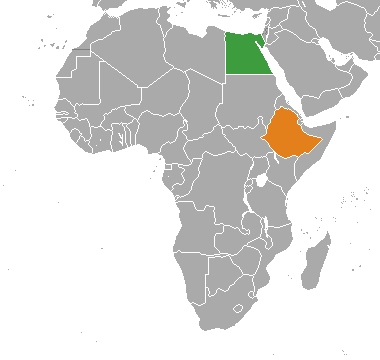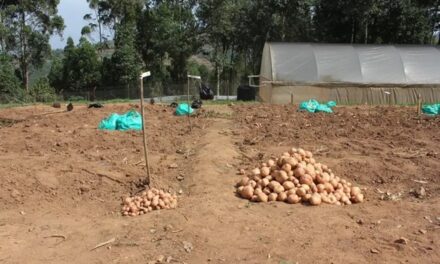Semu Moges (Ph.D., P.E.)
Please look at the following hydrological facts and answer the question on on your own:
1. Total internally generated blue water (surface and ground water produced within the country’s borders) available in Ethiopia is in the order of 122 BCM. Seventy percent of the flow is generated in the Nile basin part of the country. The rest of the country generates about 30% of the total surface water.
2. Total internally generated blue water (surface and ground water produced within the country’s borders) of Egypt is as follows. Egypt produces negligible amount of surface water internally. But it has an groundwater resources from the Nubian aquifer in the order of 150,000 BCM. The recoverable fresh water varies significantly. If only 100 meter thickness of the ground water storage is utilized, it can produce a fresh water in the order of 5250 BCM.
3. Egypt owns enormous potential capacity for desalinization and can enhance future water availability. While Ethiopia is a landlocked country with no access to sea, Egypt has a coastline length of about 1800 miles, well, so conducive for its desalination agenda. As we advance into the 21st century, the cost of seawater desalinization will dramatically reduce, and Egypt will have an enormous opportunity to access additional water resources from its coastline. The narrative of water scarcity is simply lack of human imagination and overlooking the power of science and technology.
| Total Blue water | Ethiopia*** | Egypt* | Egypt** |
| Surface water (BCM) | 110 | 0 | 0 |
| Ground water (BCM) | 12 | 150,000 | 5380 |
| Desalinization Capacity (DC) | 0.0 | unlimited | Unlimited |
| Total | 122 | 150,000 + unlimited DC | 5380 + unlimited DC |
*** Ethiopia is a landlocked state, thus no DC potential
So who has more fresh water according to these facts: Ethiopia or Egypt? I leave the verdict to readers.
By: Semu Moges (PhD, P.E.), who is an International Consultant and Adjunct Professor at the University of Connecticut.






Another optional water resource if both country improve water usage and waste water management of their own . Or buy water from Congo .
i find it very interesting the people of both country need to be aware of this facts
Even after Egypt uses needed amount of waters There is amount of water over flow and interred to ocean,so what’s the problems if Ethiopia use that amount….? Unless what’s Egypt’s need is Ethiopian fertile soil trapped to cover huge EEgyptian desert to fertile ………………….